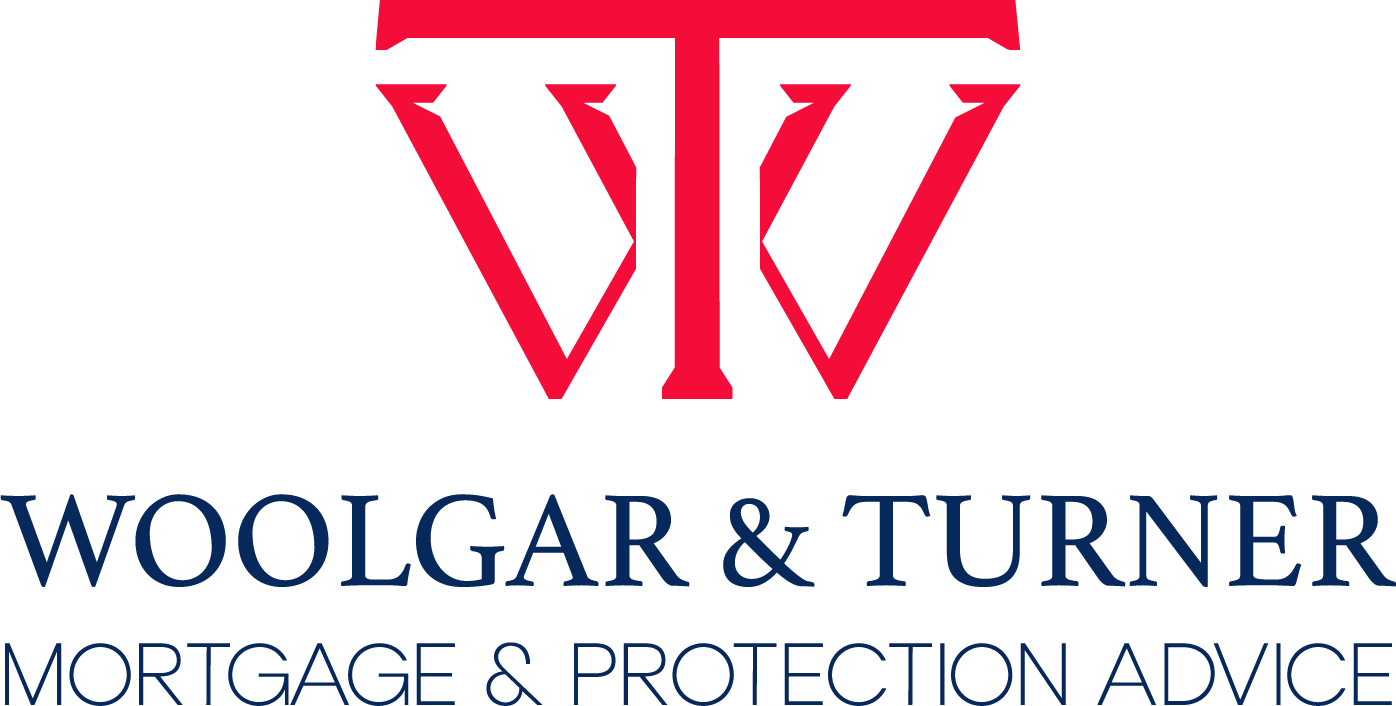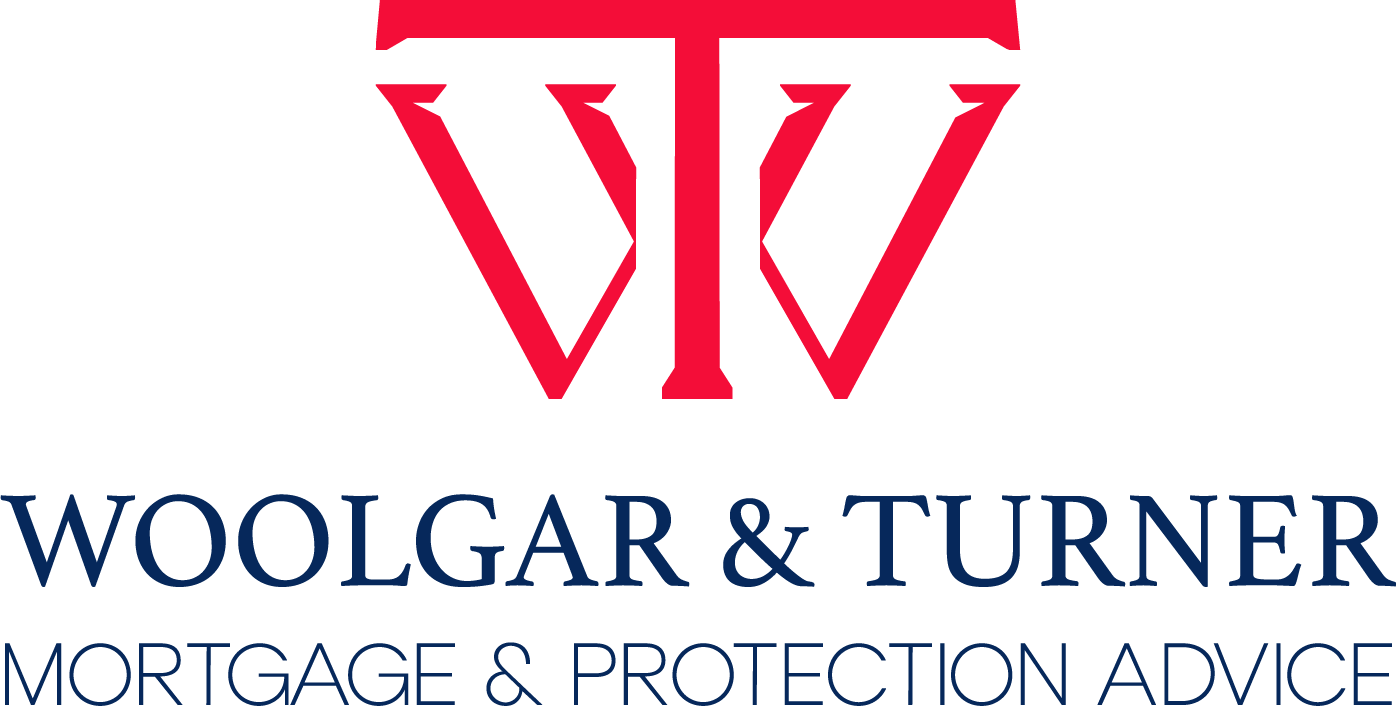Many aspiring homeowners can still access a mortgage with bad credit. Some lenders will give you a mortgage despite your bad credit by considering your overall circumstances beyond your credit rating.
How to apply for a bad credit mortgage?
Applying for a mortgage with bad credit is the same process as applying for any mortgage. The applicant(s) must make the application without concealing information, and the lender will then make a decision based on your credit rating and other factors.
However, to improve your chances of being accepted with bad credit history, there are steps you can take:
- Make time between events that reduced your credit rating and making an application. The more time that passes, the less impact they usually have on lender decisions.
- Apply with a stable income and a bigger deposit.
- Take steps to improve your credit score and clear existing debts.
You may also want to apply to lenders with a history of approving mortgages to people with bad credit history. We can assist with locating these lenders.
How much will a bad credit mortgage cost?
If you have bad credit, the lender may approve your mortgage application, but you may have to pay back more over time. Your offer may include a higher rate of interest because the lender wants to offset the risk that you might default on mortgage repayments.
People with bad credit may also need to pay a bigger deposit to secure a mortgage, compared to those with a good or excellent credit rating.
What are the most common causes of bad credit?
The most common causes of bad credit are unpaid debts, typically to utility companies, mobile phone providers or creditors such as payday loan lenders and credit cards from banks.
Missing a single payment will not cause a significantly poor credit rating if you manage to catch up quickly. However, if you have defaulted and been taken to court and issued with a CCJ for unpaid debts, this can cause bad credit.
Any instance of defaulted payments or CCJs will remain on your credit report for six years before being automatically deleted.
Checking credit reports
You can check your credit report by using a credit reference agency website. Many credit reference agencies offer free trials so you can access your report for free for so many days. You are encouraged to check your credit report before applying for a mortgage.
You may be able to identify reporting errors and have them removed to improve your credit score. Around one in five people are estimated to have a mistake on their credit file. Removing reporting mistakes is one of the few ways to increase your credit score quickly.
How to improve your credit score
Having errors removed is one way to instantly improve your credit score, but there are many others. You can also:
- Register on the electoral register
- Pay off existing debts
- Budget so you don’t create new debt
- Continue to borrow responsibly without utilising all available credit given to you
- Limit bank and saving account applications
We can provide helpful information on how to improve your credit score before considering a mortgage with poor credit.
Many aspiring homeowners can still access a mortgage with bad credit. Some lenders will give you a mortgage despite your bad credit by considering your overall circumstances beyond your credit rating.
How to apply for a bad credit mortgage?
Applying for a mortgage with bad credit is the same process as applying for any mortgage. The applicant(s) must make the application without concealing information, and the lender will then make a decision based on your credit rating and other factors.
However, to improve your chances of being accepted with bad credit history, there are steps you can take:
- Make time between events that reduced your credit rating and making an application. The more time that passes, the less impact they usually have on lender decisions.
- Apply with a stable income and a bigger deposit.
- Take steps to improve your credit score and clear existing debts.
You may also want to apply to lenders with a history of approving mortgages to people with bad credit history. We can assist with locating these lenders.
How much will a bad credit mortgage cost?
If you have bad credit, the lender may approve your mortgage application, but you may have to pay back more over time. Your offer may include a higher rate of interest because the lender wants to offset the risk that you might default on mortgage repayments.
People with bad credit may also need to pay a bigger deposit to secure a mortgage, compared to those with a good or excellent credit rating.
What are the most common causes of bad credit?
The most common causes of bad credit are unpaid debts, typically to utility companies, mobile phone providers or creditors such as payday loan lenders and credit cards from banks.
Missing a single payment will not cause a significantly poor credit rating if you manage to catch up quickly. However, if you have defaulted and been taken to court and issued with a CCJ for unpaid debts, this can cause bad credit.
Any instance of defaulted payments or CCJs will remain on your credit report for six years before being automatically deleted.
Checking credit reports
You can check your credit report by using a credit reference agency website. Many credit reference agencies offer free trials so you can access your report for free for so many days. You are encouraged to check your credit report before applying for a mortgage.
You may be able to identify reporting errors and have them removed to improve your credit score. Around one in five people are estimated to have a mistake on their credit file. Removing reporting mistakes is one of the few ways to increase your credit score quickly.
How to improve your credit score
Having errors removed is one way to instantly improve your credit score, but there are many others. You can also:
- Register on the electoral register
- Pay off existing debts
- Budget so you don’t create new debt
- Continue to borrow responsibly without utilising all available credit given to you
- Limit bank and saving account applications
We can provide helpful information on how to improve your credit score before considering a mortgage with poor credit.
Read less







